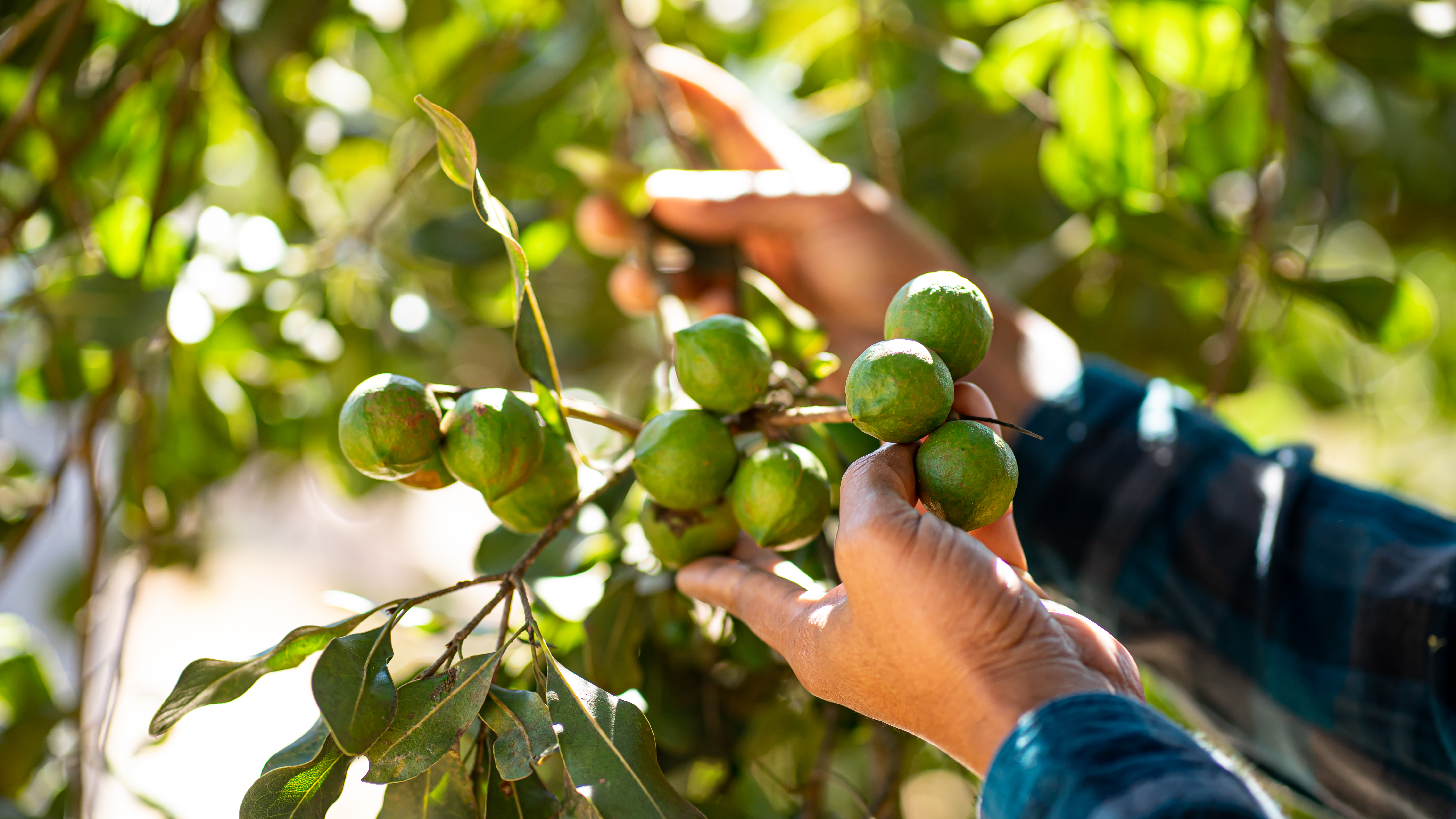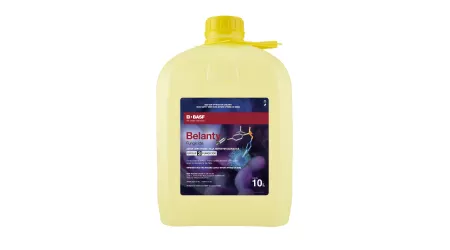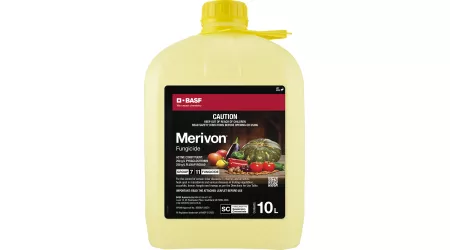Published December 2, 2021
-
BASF’s Belanty fungicide can now be used to control key diseases in almond and macadamia crops
-
APVMA approves Belanty to control Alternaria and Powdery mildew as well as Black spot in apples
-
This is the latest advance in the steady expansion of BASF’s crop protection solutions
The Australian Pesticides and Veterinary Medicines Authority (APVMA) has approved new crop and disease registrations for Belanty, BASF’s innovative fungicide first released in 2020.
Belanty has quickly established itself as an important alternative solution for controlling powdery mildew in grapevines and black spot in apple orchards.
Now Belanty is also registered to control Alternaria and Powdery mildew in apples.
For the first time, Belanty can also be used to manage key diseases in macadamia and almond orchards.
“These new Belanty registrations are strategically important in two ways,” explained Serge Usatov, BASF Horticulture Portfolio Manager. “First, they will improve growers’ control of particular diseases in each season. Plus, in the longer term, they will help to manage fungicide-resistant strains of the target diseases and keep other modes of action working.”
Macadamia growers will now be able to use three fungicidal modes of action to control husk spot: the innovative Group 3 chemistry of Belanty and the co-formulated Group 7 and 11 chemistry of BASF’s Merivon®.
In almonds, Belanty can be used to control Blossom blight and Shot hole, and for suppression of Leaf rust and Hull rot. Those use patterns complement Merivon’s overlapping registrations: for control of Blossom blight, Shot hole, Leaf rust, Alternaria, Anthracnose and Scab.
“Nut growers will be especially pleased to have an equally innovative rotation partner for Merivon. They can now maintain control season after season without too much reliance on a single mode of action,” added Usatov.
“It’s very rewarding for the entire BASF team that we keep adding to the range of great crop protection solutions growers can choose from and switch between.”


